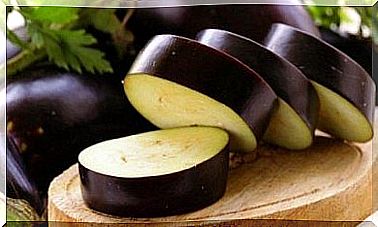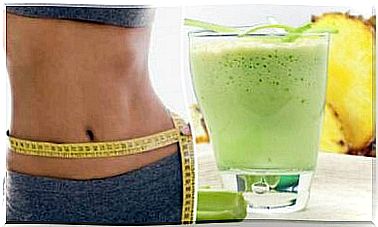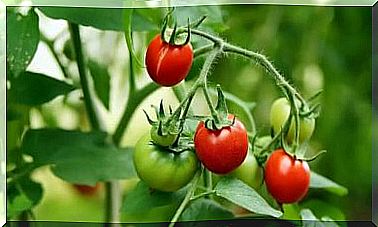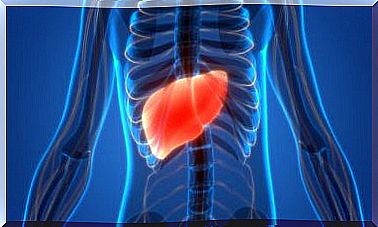Type 2 Diabetes: What To Eat And What To Avoid
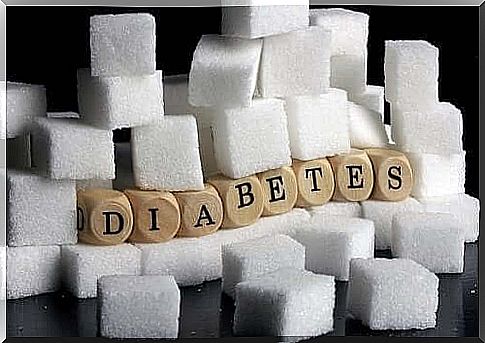
Type 2 diabetes is the most common form of diabetes. In type 2 diabetes, the pancreas can produce insulin, but the body’s cells cannot respond properly to it. Therefore, type 2 diabetes is considered insulin resistance or intolerance.
In the early stages of the disease, the pancreas tries to compensate for this resistance by producing more insulin. However, over time, the human body cannot maintain such an intense production of this substance. Then the amount of insulin is too low and the body is unable to maintain its normal level in the blood.
Reduced glucose uptake by cells results in a build-up of sugar in the blood. This results in two different problems:
- One problem is that the cells are not getting enough energy.
- On the other hand, high blood sugar can damage certain organs, such as the eyes, kidneys, nerves, and heart.
Type 2 diabetes can be controlled by making some lifestyle changes. Maintaining a balanced diet, taking medications and insulin are some examples of how often the incurable disease of type 2 diabetes is controlled.
In addition, there are certain nutrients that are good and advisable for people with diabetes. They help regulate the glycemic index. Today we will discuss some of them.
Type 2 diabetes – the best nutrients

Let’s take a look at what constitutes a healthy diet for this disease.
Carbohydrates
Sugars, including glucose, are classified as carbohydrates. Therefore, many people may think that reducing or eliminating sugar intake may control or treat diabetes.
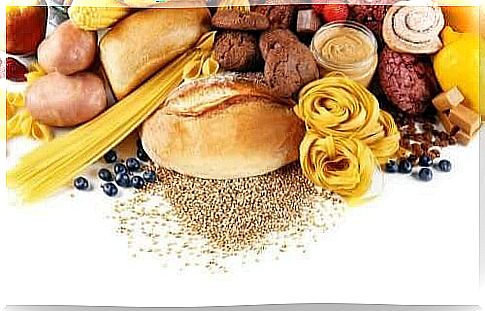
However, it’s not that simple. Eliminating or reducing sugar consumption is not enough to completely cure diabetes.
Carbohydrates are divided into two types of compounds. Both of these types play an important role in diabetes:
- “Simple sugars” or simple carbohydrates release a large amount of glucose into the blood quickly. White sugar, certain sweeteners, fruits, juices, sweetened drinks, milk and yoghurt, chocolate and cakes are examples of simple sugar products.
- Starches or “complex sugars” release sugar more slowly and in a healthier way. Products that contain complex carbohydrates include rice, pasta, potatoes, bread and grains.
Remember that in order to control diabetes you need to reduce your overall sugar intake.
Fortunately, there are some natural sweeteners that better control glucose levels in the body and are recommended for people with diabetes.
Type 2 diabetes: natural sweeteners as an alternative to sugar
Stevia
When we talk about natural sweeteners, stevia is one of the most important as it provides a sweet flavor without adding any calories.
Stevia is perfect for both those who suffer from diabetes and those who lead a healthy lifestyle. It helps stabilize glucose levels and keep them at a more normal level. For this reason, it can be said that it may counteract the effects of type 2 diabetes to some extent.
It also has a positive effect on glucose tolerance and body weight. Therefore, it is a beneficial compound with good properties for people suffering from diabetes.
Oils and fats
Unlike carbohydrates, eating fatty foods does not usually affect diabetes directly. However, excessive consumption of these foods can cause problems with glucose regulation.
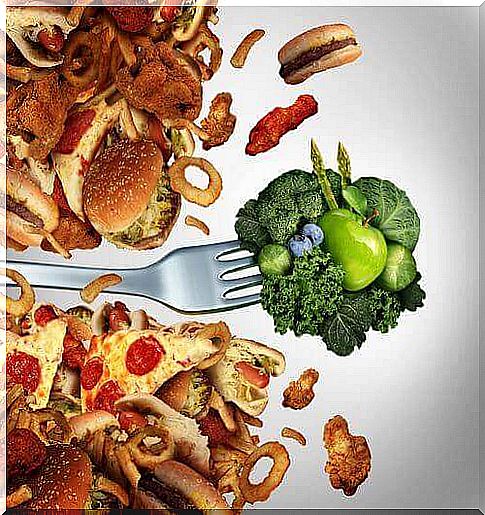
Likewise, it can also lead to obesity and alter the metabolism and overall health of a person, especially one who suffers from diabetes.
For this reason, it is recommended to avoid saturated fats. These fats are typically found in foods such as burgers, fried foods, bacon, and butter.
Instead of consuming them, it is better to choose foods with polyunsaturated or monounsaturated fats. Foods containing these fats include fish, nuts and vegetable oils.
Fiber
You should also not forget about fiber, which effectively contributes to the control of diabetes. Foods that contain fiber include oats, barley, fruits, vegetables and legumes.
